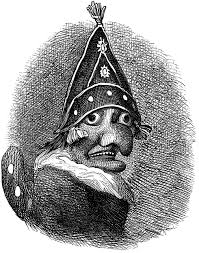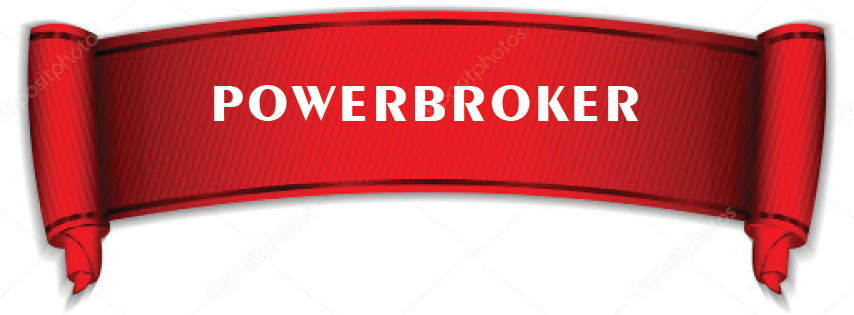
The Nobel Few
The 2022 Nobel Prize points to life & living in a parallel universe.
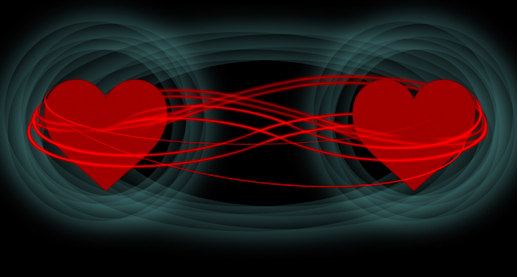
AP
Nothing can travel faster than the speed of light, Albert Einstein once said, who may be reeling in the heavens this week as the 2022 Nobel Prize in Physics has gone to three men who’ve proven otherwise.
The trio won for their experiments with Entanglement: a mind-boggling phenomenon where two particles interact as one — from opposite sides of the universe.
If we discovered life on another planet, for instance, 10 light years away, it would take 10 calendar years to say "hello" and another 10 for a reply. And these are they quite close by. Should we ever detect life anywhere beyond our own universe, it would take many human lifetimes just to start a conversation.
That's the law, according to Einstein, that nothing can travel faster than the speed of light. Communications conducted over vast cosmic distances have always come with an inherent delay — until now.
Using groundbreaking experiments, Alain Aspect, John Clauser and Anton Zeilinger have demonstrated the potential to investigate and observe particles that are in entangled states. "What happens to one particle in an entangled pair determines what happens to the other, even when they seem too far apart to affect one another," the committee says. The laureates’ development of experimental tools has laid the foundation for a new era of quantum technology.
Laser, transistors, semiconductors and MRI machines all rely on quantum technology here on earth, but the laureates’ discovery confirms that all matter — from gadgets to the most distant galaxies — are the outer appearance of an inner experience.
Deleting cashe, a thing of the past, the computer's history stands. Everything, it seems, we say or do is forever shaking hands.
Chemistry
It’s all about snapping molecules together for three scientists who were jointly awarded this year’s Nobel Prize in Chemistry for developing “good chemical buckles,” says Barry Sharpless, the fifth person to receive the award twice. “They have to react easily and specifically.”
Morton Meidal, 68, based at the University of Copenhagen, and Sharpless found the candidates independently, but it was Carolyn Bertozzi at Stanford that took Click Chemistry to a new level.
Her discovery of “Bioorthogonal Reactions” maps cells, tracks biological processes, and designs drugs that can target diseases such as cancer — outside the lab and into the body. “Doing chemistry inside human patients,” Bertozzi explains, “ensures that drugs go precisely to the right place and stay away from the wrong place.”
Literature
French author Annie Ernaux received the Nobel Prize in Literature “for the courage and clinical acuity with which she uncovers the roots, estrangements and collective restraints of personal memory,” the committee said.
Cleaned Out recalls memories of her own abortion in 1974; The Years is a personal memoir from 1941-2006; A Girl’s Story are recollections of adolescence, shame, and the sexual revolution; and Look at the Lights, My Love, is a forthcoming meditation addressing the phenomenon of the big-box super store. All are filtered through the lens of Ernaux's memories.
Is there a political sentiment behind giving the award to someone who has written so personally about abortion, women’s issues, light and love? Anders Olsson, the chair of the Nobel committee for literature explains, "No. What’s critical is the laureate address universal consequence in their work. It must reach everyone."
Economics
Former Federal Reserve Chairman Ben Bernanke was awarded the Nobel Prize in Economics, along with economists Douglas Diamond and Philip Dybvig for their research on preventing bank runs.
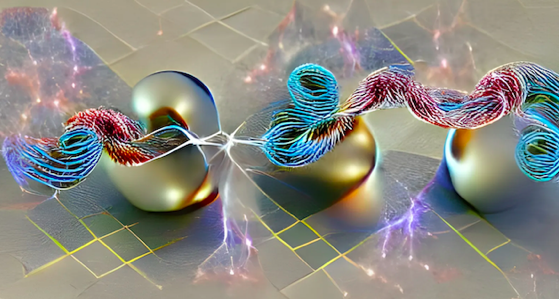
AP
Bernanke observes how bank failures protracted the Great Depression in the 1930s; pioneered the emergency lending programs; and is the architect of the Central Bank’s response to the 2008 Financial Crisis.
Diamond and Dybvig coauthored an influential paper on the critical role that banks play as financial middlemen. Banks pass depositor’s cash to borrowers, but runs occur when a confluence of depositors want their money back — concurrently.
The authors suggest “governments can prevent bank runs by offering insurance for deposits; requiring banks to hold a minimum amount of cash; exploiting the Federal Reserve only as a last resort.
The three recipients of 2022’s Nobel Prize in Economics note “the phenomenon of fear, dislocations and crises in runs don’t just show up in banks. They can and will occur anywhere in the financial sector.”
Peace
The illustrious Nobel Peace Prize itself went to human rights advocate Ales Bialiatski; a Russian human rights organization Memorial; and the Ukrainian human rights organization, Center for Civil Liberties. The recipients all come from a region grappling with the collapse of the Soviet Union, and subsequent migrant crisis of 7.6 million Ukrainian refugees.
While the committee's decision reflects an ongoing conflict in Eastern Europe, its message isn’t political, according to Kadri Liik, a Russia and Eastern Europe expert at the European Council on Foreign Relations. “The keyword here is human rights.”
Physiology, Medicine
The Nobel Prize in Physiology and Medicine went to Swedish scientist Svante Paabo for discoveries in human evolution.
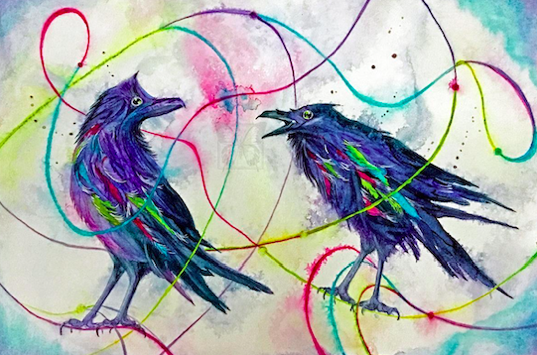
AP
Paabo compared the genome of modern humans and their closest extinct relatives — the Neanderthals and Denisovans — and discovered a connection.
While Neanderthal bones were first discovered in the mid-19th century, only their DNA — often referred to as the code of life — can explain any causal links between the species.
Moreover, this ancient flow of genes to present-day humans has physiological relevance today; explaining how and why our immune system reacts to infections.
The laureates will receive their prize medals and diplomas in Stockholm in December, and winners will receive prize money of $900,000 for a common theme. Connections between cells, banks, countries, people and planets may be causally linked “but no problem,” said Einstein, “can or ever will ever be solved from the same level of consciousness that created it.”
Perhaps when the doors of memory, point of view, logic, perception and love are ever fully opened, everything will appear in the world as it is. Infinite.


